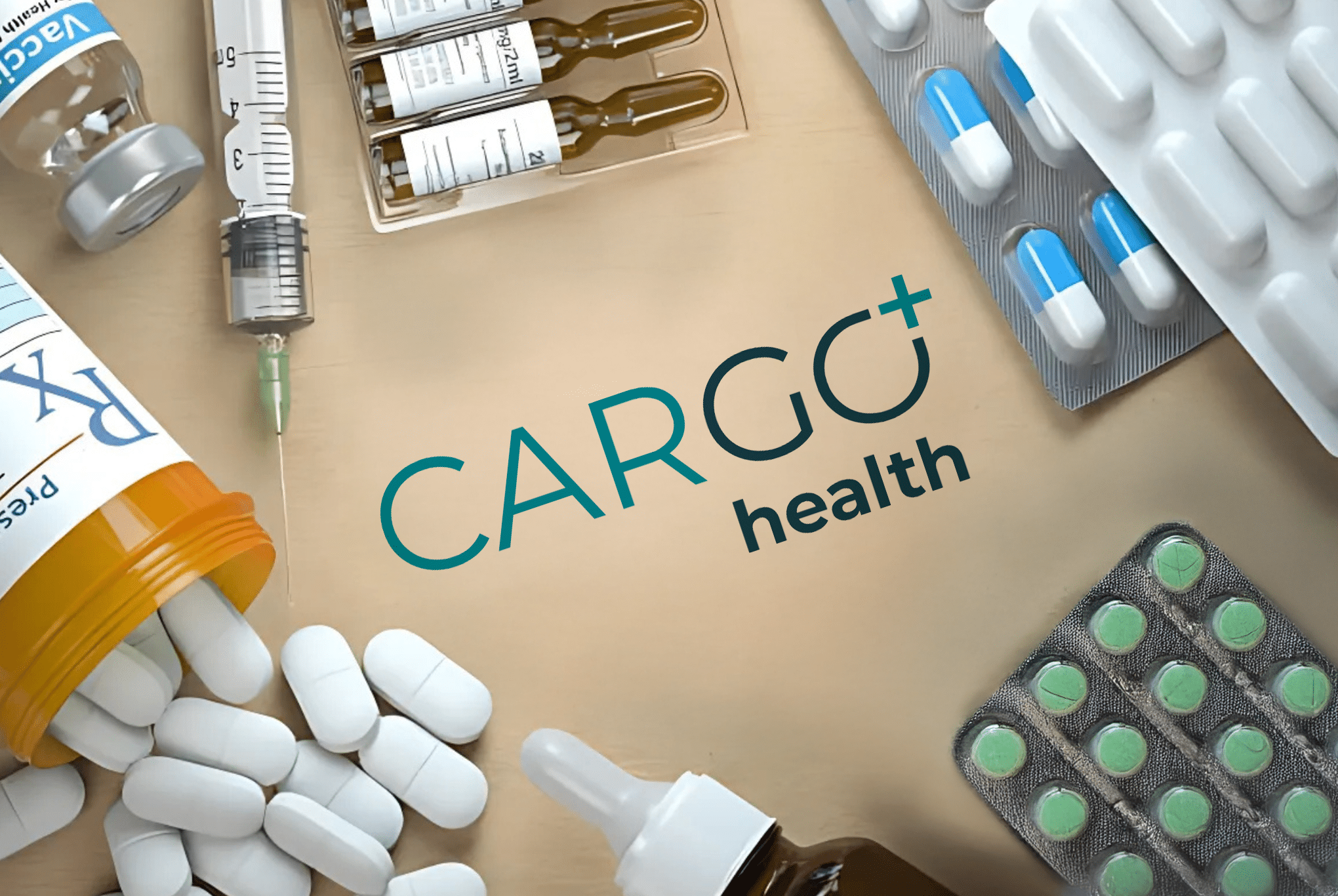The Efficiency of Medical Courier Services in Modern Healthcare

In today’s healthcare landscape, precision, speed, and reliability are non-negotiable when it comes to logistics. Medical courier services play a pivotal role in ensuring that healthcare providers maintain operational efficiency while delivering exceptional patient care. This article delves into the technical aspects that define the efficacy of medical courier services and their critical importance in the healthcare supply chain.

1. Key Requirements for Medical Courier Services
Medical couriers operate under stringent conditions, adhering to industry-specific regulations such as the Health Insurance Portability and Accountability Act (HIPAA) and the Clinical Laboratory Improvement Amendments (CLIA). These frameworks ensure that sensitive patient information remains confidential and that biological specimens maintain their integrity during transit.
Key components include:
- Temperature-Controlled Transport: Ensuring items such as vaccines, blood samples, and medications are stored and transported at required temperatures.
- Real-Time Tracking: GPS-enabled tracking systems that provide location updates and estimated delivery times to healthcare providers.
- Chain of Custody Documentation: Detailed records to track the handling and delivery of sensitive items.
2. Critical Applications in Healthcare
Medical couriers are indispensable in various healthcare settings, including hospitals, clinics, laboratories, and pharmacies. Their services encompass:
- Lab Sample Transportation: Secure delivery of diagnostic specimens to laboratories for testing, reducing diagnostic delays.
- Pharmaceutical Deliveries: Distribution of prescription drugs to pharmacies and patients, particularly beneficial for those with limited mobility.
- Emergency Logistics: Transport of critical supplies such as organ donations and life-saving medications during emergencies.
3. Technological Integration
Modern medical courier services leverage technology to enhance reliability and accountability:
- IoT Sensors: Monitor environmental conditions, such as temperature and humidity, during transportation.
- Automated Route Optimization: AI-driven software calculates the most efficient delivery routes, reducing delays and operational costs.
- Blockchain for Data Security: Ensures transparency and tamper-proof records of the delivery process.
4. Sustainability in Medical Logistics
Sustainability has become a growing focus in medical logistics. Companies are adopting practices such as:
- Using electric or hybrid vehicles to reduce carbon emissions.
- Implementing reusable packaging for medical supplies.
- Streamlining delivery schedules to minimize environmental impact.
5. Choosing the Right Medical Courier
Healthcare institutions must select courier services that meet regulatory compliance and exhibit a proven track record in timely, secure deliveries. Providers should evaluate:
- Delivery accuracy and reliability metrics.
- Integration with existing healthcare management systems.
- Certifications and compliance with healthcare regulations.
Medical courier services are the backbone of the healthcare logistics ecosystem, ensuring that time-sensitive and critical items reach their destinations without compromise. By investing in advanced technology and adhering to industry standards, these services not only support healthcare providers but also improve patient outcomes. As the demand for efficient logistics grows, medical couriers will remain integral to advancing healthcare delivery.








